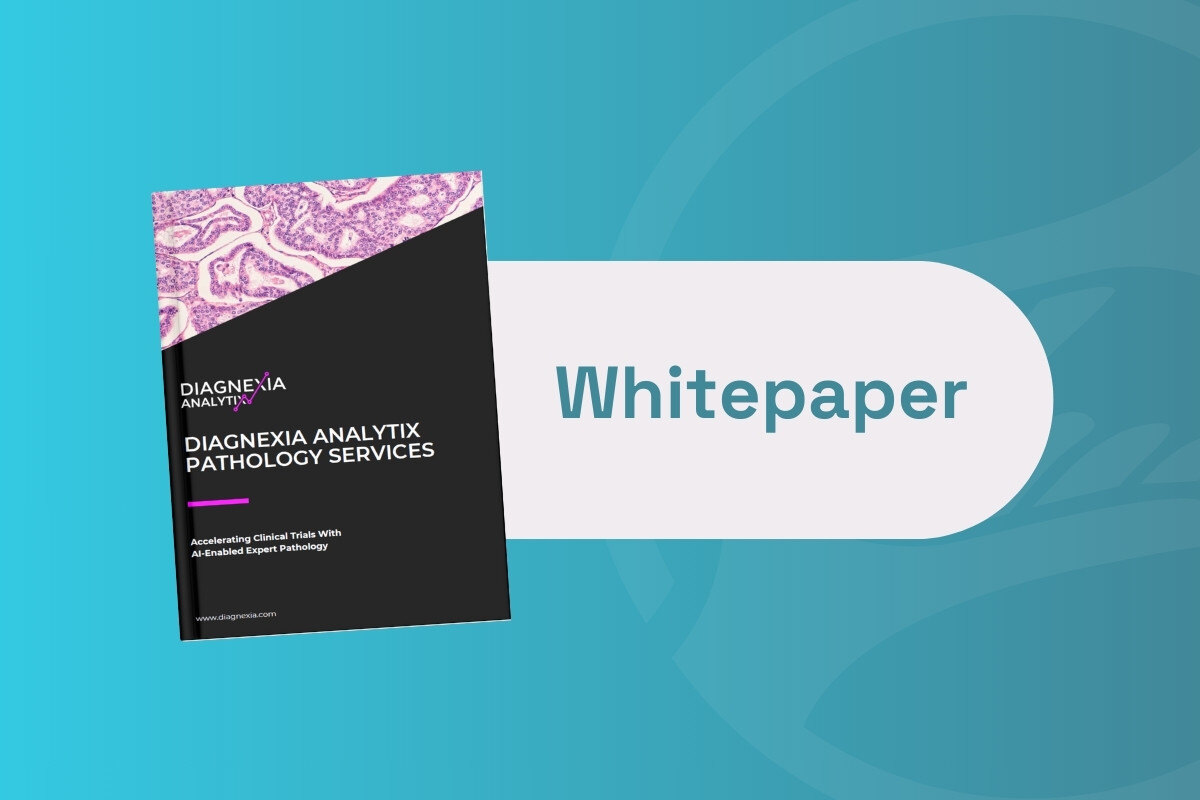Scientists at Stanford Medicine Predict Who Will Develop Vaccine Immunity

Research scientists at Stanford Medicine have found a new way to measure the effectiveness of a vaccine to mitigate risks of immunity. A study testing the immune response of 820 adults who had been administered 13 vaccines, identified plasmablasts — a gene signature recognised in blood cells that produce antibodies — as the strongest predictor of immunity 1-week post-vaccination.
As a predictor and marker of immunity from vaccination, the gene signature, will most likely accelerate vaccine development. Rather than waiting several weeks to determine whether a patient will respond accordingly to a vaccine, the new signature will provide an accurate form of measurement in the days following administration.
- New Therapeutic Target for Aggressive Breast Cancer
- Genetic Variants Linked to Dyslexia
- New Gene Target Discovered for Aggressive Lung Cancer
The results of the study were published in Nature Immunology on October 31st, 2022. Its senior author is Bali Pulendran, Professor of Microbiology and Immunology at Stanford Medicine and Thomas Hagan, a former Postdoctoral Researcher in Pulendran’s lab and now an assistant professor at the University of Cincinnati College of Medicine is the lead author. Steve Kleinstein, Professor of Pathology and Immunology at Yale School of Medicine, is also a senior co-author.
In an official statement released by Stanford Medicine, Pulendran described the significance of the research in the following terms: “Our integrated analysis has revealed a common gene signature that predicts the strength of the antibody response to most vaccines. This paves the way for developing a ‘vaccine chip’ that can be used as an early screening strategy of future vaccine candidates, accelerating the timeline for research and development efforts.”
Research scientists at Stanford Medicine have found a new way to measure the effectiveness of a vaccine to mitigate risks of immunity.
To discover the common biomarker in the study, the researchers generated an ‘atlas of immunity to vaccination.’ This was a comprehensive dataset and compilation of previously known genomic readouts, produced in response to immune system activation following a vaccine administration.
Interestingly, the results showed that the vaccine-induced immune response was similar for patients with all vaccines except the yellow fever vaccine. It was found that although the immune response to yellow fever followed the same pathway as other vaccine responses, there was a noticeable delay in the deployment of plasmablasts. One explanation for this outlier is that yellow fever is a live vaccine which therefore builds a slower progression of the immune response.
Looking ahead, the research scientists hope to develop a vaccine chip to expedite the evaluation of candidate vaccines during clinical trials. The introduction of a vaccine chip would likewise allow clinicians to predict immunocompromised patient response and establish the requirement for an earlier-than-usual booster administration.
Want to stay up to date with the latest Biomarker news? Register now for Oxford Global’s flagship event, Biomarkers UK. This is a must-attend forum covering the latest trends transforming biomarker and translational research.
Get your weekly dose of industry news here and keep up to date with the latest ‘Industry Spotlight’ posts. For other Biomarkers content, please visit the Biomarkers Content Portal.





.jpg)
